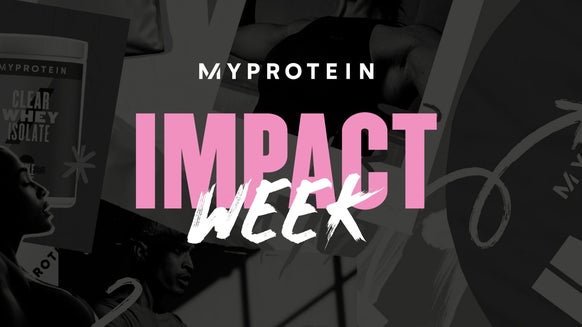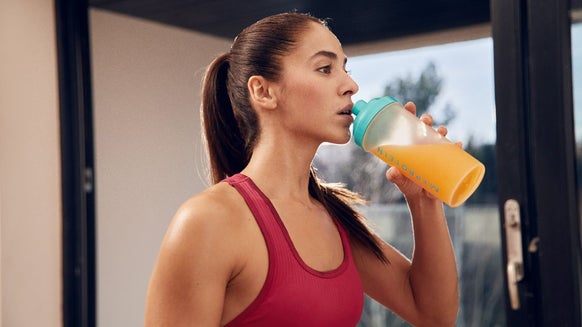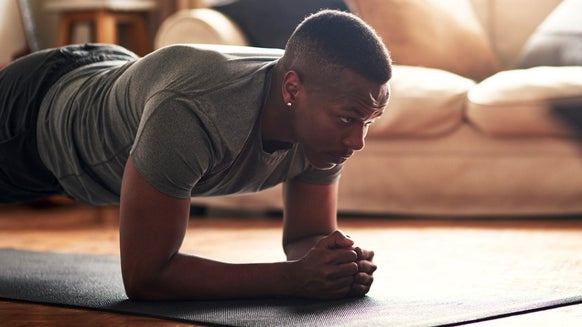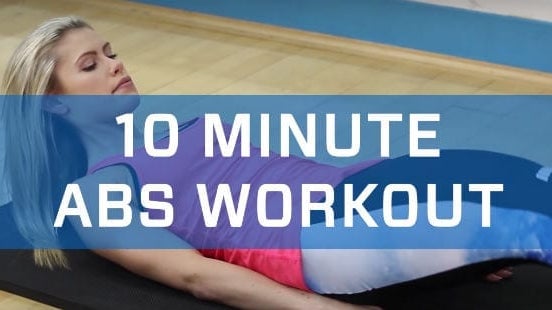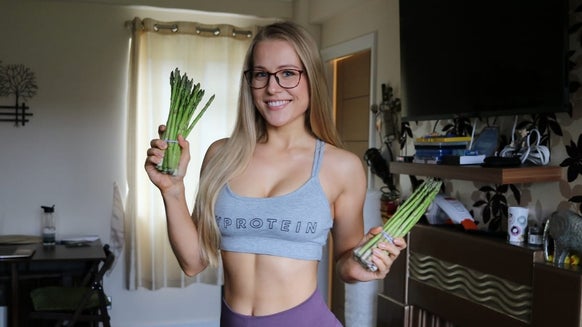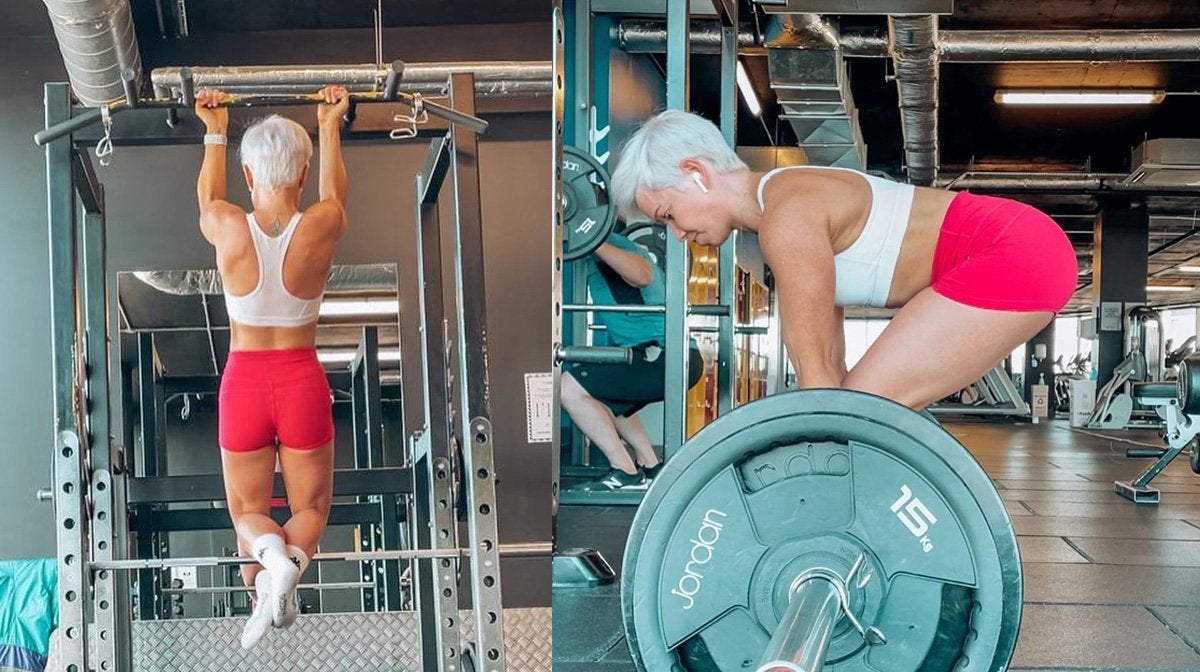
Can losing weight actually make you happy? The answer can very much be yes.
But have you asked yourself why you think that is?
Is it because society has bombarded you with the narrative that smaller is better, especially when it comes to women’s bodies?
Is it because you think that if you look a certain way that will, in some way, shape or form, validate you?
Defining why you’re motivated to lose weight, to make sure you’re striving to be happy and healthy in your fitness goals, is of the utmost importance.
‘Socially Acceptable’ Bodies
As a PT, it can seem like this idea is easier said than done. Because I have what could be deemed as a ‘socially acceptable’ body, it may be hard to take advice from me.
But here’s the twist.
I haven’t always been in a 'socially acceptable' body.
Perhaps my body type at the moment is ‘fashionable’ (thank you Kardashians…)
But having rounder hips and a smaller waist was not fashionable when I was a teenager. Being 5ft meant I would never be able to reach 90s beauty standards in a safe and healthy way, but I felt the pressure to conform to these trends nonetheless.
Putting yourself under a lot of stress to conform to unrealistic standards can be really unhealthy to your physical body and mental health.
Body Image
Body image refers to a person’s emotional attitudes, beliefs, and perceptions about their own body.
Body image relates to:
- What a person believes about their appearance
- How they feel about their body, height, weight, and shape
- How they sense and experience their body
Positive body image is related to body satisfaction and acceptance, while negative body image is related to dissatisfaction and wanting one’s body to be different.
A negative body image can contribute to body dysmorphic disorder, eating disorders and other conditions. (1) Bodies being the centre of trends have a huge impact on people’s body image – it can be hard to accept your body when it isn’t being celebrated by the media in the same way as others.
Although a positive body image is incredibly important to have, conforming to trends is not the way that this is developed.
Loving and accepting your body can be a long journey but it’s one not defined by outside opinions.
The Right Motivation
Something I work on a lot with myself and my clients is intrinsic motivation with an emphasis on how one wishes to feel as opposed to look.
Ironically, when one focuses on feeling good, the aesthetics usually follow but it should not be the main emphasis of one’s weight loss journey – measurements, photos, weight, etc.
It’s much healthier and sustainable to focus on how you’re feeling, rather than how you look in the mirror.
I ask myself regularly, with anything I am doing:
- Why am I doing this?
- Am I enjoying it?
- Is it benefitting me - physically, mentally, emotionally, spiritually?
If the answer is YES, then I continue. If the answer is NO, I examine.
There’s absolutely nothing wrong with wanting to lose weight as long as you’re doing it for the right reasons which is why you should dig deep into two things when you are evaluating your goals: your values and your ‘why’.
Mindset
Dieting starts with mindset.
Something I notice quite early when dealing with clients is that it is the clients that come to me with an extremely strong association with why they are doing something that tend to achieve their goals.
With anything in life, be it fitness goals, fat loss goals, mass gain goals, career goals - the reason why you want to achieve this goal has to be clear, concise, and it must align with your values.
If you’re not clear on these two things then no amount of goal setting will get you to where you want to be.
Values
What is of most importance to you in your life?
Would it be family, friends, human connection, career, success, financial freedom, travel, socialising, health & fitness, etc.?
If we have two people with the same fat loss goal, both the same age but they lead different social and familial lives, chances are their values will look very different.
So how does this affect lifestyle and ultimate goals?
The subjects above are inclined to make decisions based off what they value the most and so if you gave this pair the exact same training & nutrition plan, even though they may be the same age, weight, height, etc. what they do with that plan will vary greatly due to their priorities.
So, no. 1: Get clear on your values and then you can get clear on your goals.
Tie your goals to something that means something to you, whether that be weight loss, mass gain or just generally improving your fitness.
It really will be the difference between giving up when times get tough or the ability to find an inner strength to push through because you know what is waiting for you on the other side.
How To Know Your Why
If you have a strong why and a valid emotional reason as to why you want to focus on weight loss, then absolutely crack on and smash those goals.
If it’s for health reasons, then that should be a strong enough why in and of itself.
The important work comes when you aren’t sure of your goals – it’s the backbone to your motivation and drive.
So, if you aren’t sure of your reasoning, here's your homework...
Write down your goals on a piece of paper. Go through each goal and write down as many reasons why you want to achieve them as possible. If it comes easily, it will be clear you’re on the right path. If you’re struggling, it might be time to re-evaluate your goals.
Take Home Message
Defining a goal to kick start your fitness journey, or even to spur you on when you feel as though your motivation is slipping, is fantastic motivation to sustain exercise in your life.
Focusing on that all important why could be the difference between you and your new PB – make sure you always loop back to how you are feeling mentally and the rest will follow.
Want more mindset inspiration?
READ THESE NEXT:
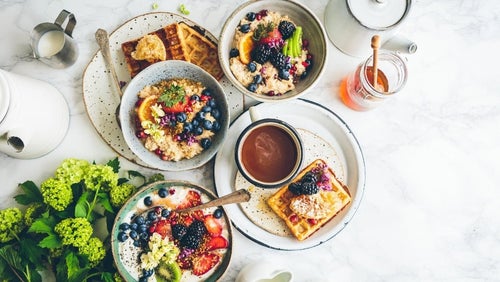
Eat More to Lose More
Nutrionist breaks down how eating more can actually help you reach your weight g...
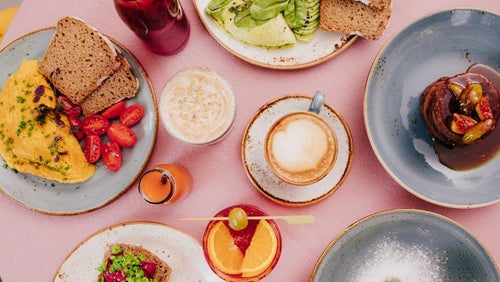
Curb Excess Snacking With A Big Breakfast, Study Suggests
Well, well, breakfast may be the most important meal to support your goals....
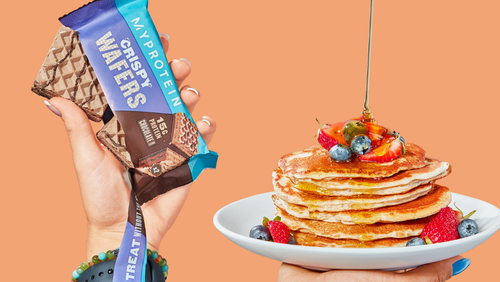
4 High-Protein Breakfast Options | Take Back Breakfast
We're big on breakfast....

- Towards a Comprehensive Understanding of Body Image: Integrating Positive Body Image, Embodiment and Self-Compassion, Diana Burychka, Marta Miragall, and Rosa M. Baños. Psychol Belg. 2021; 61(1): 248–261.



